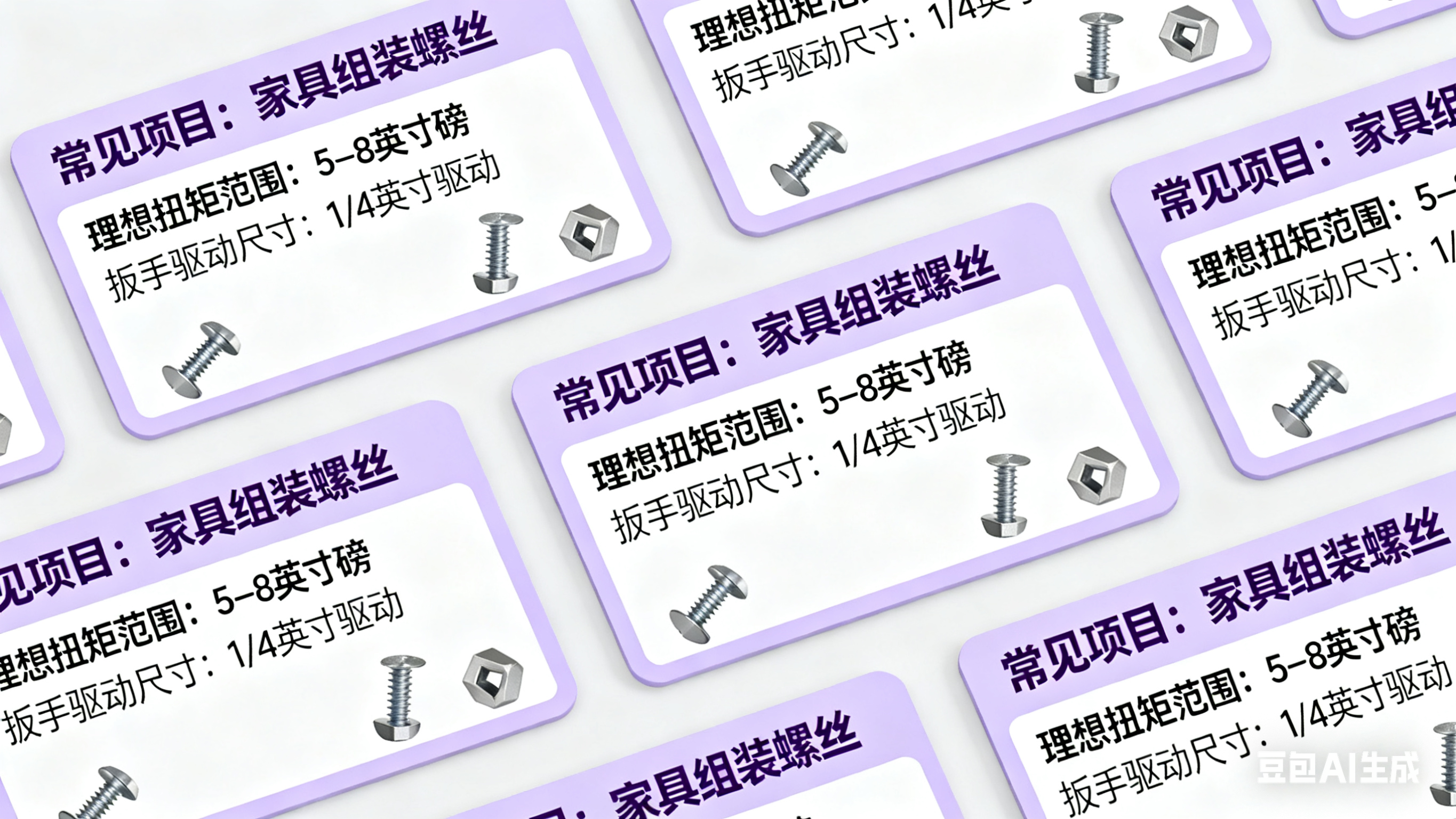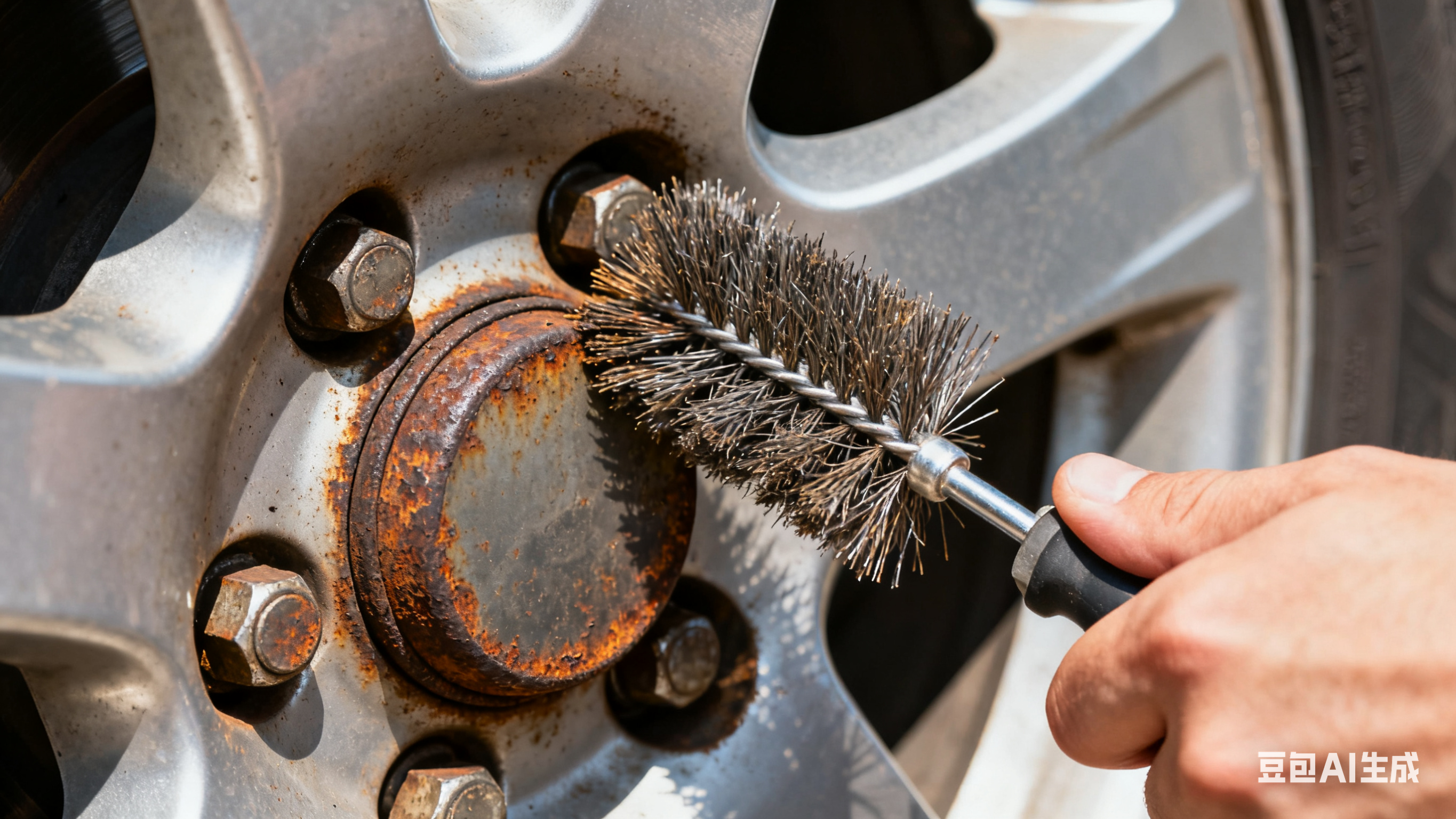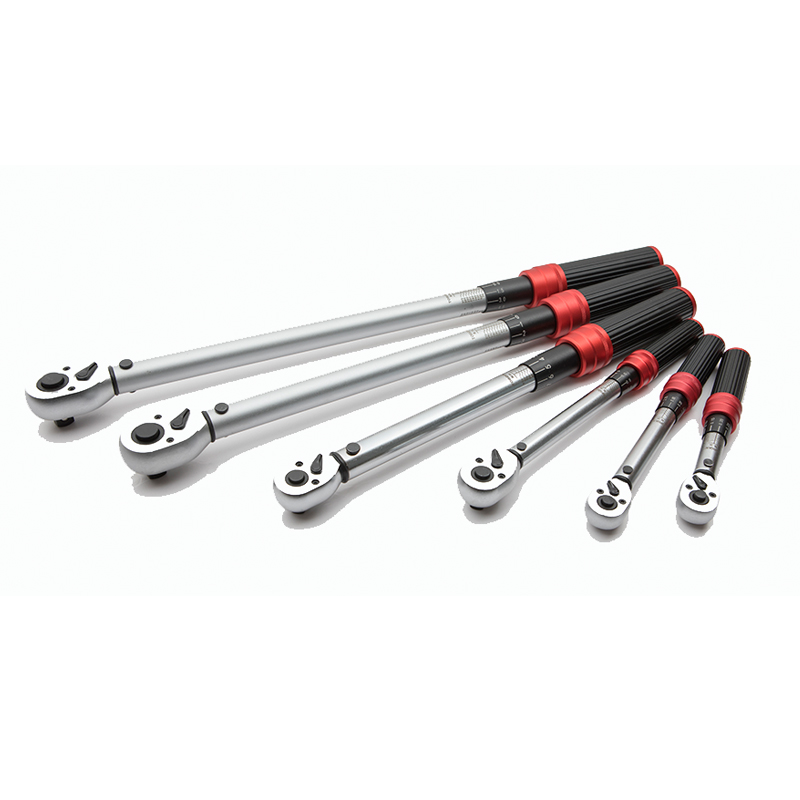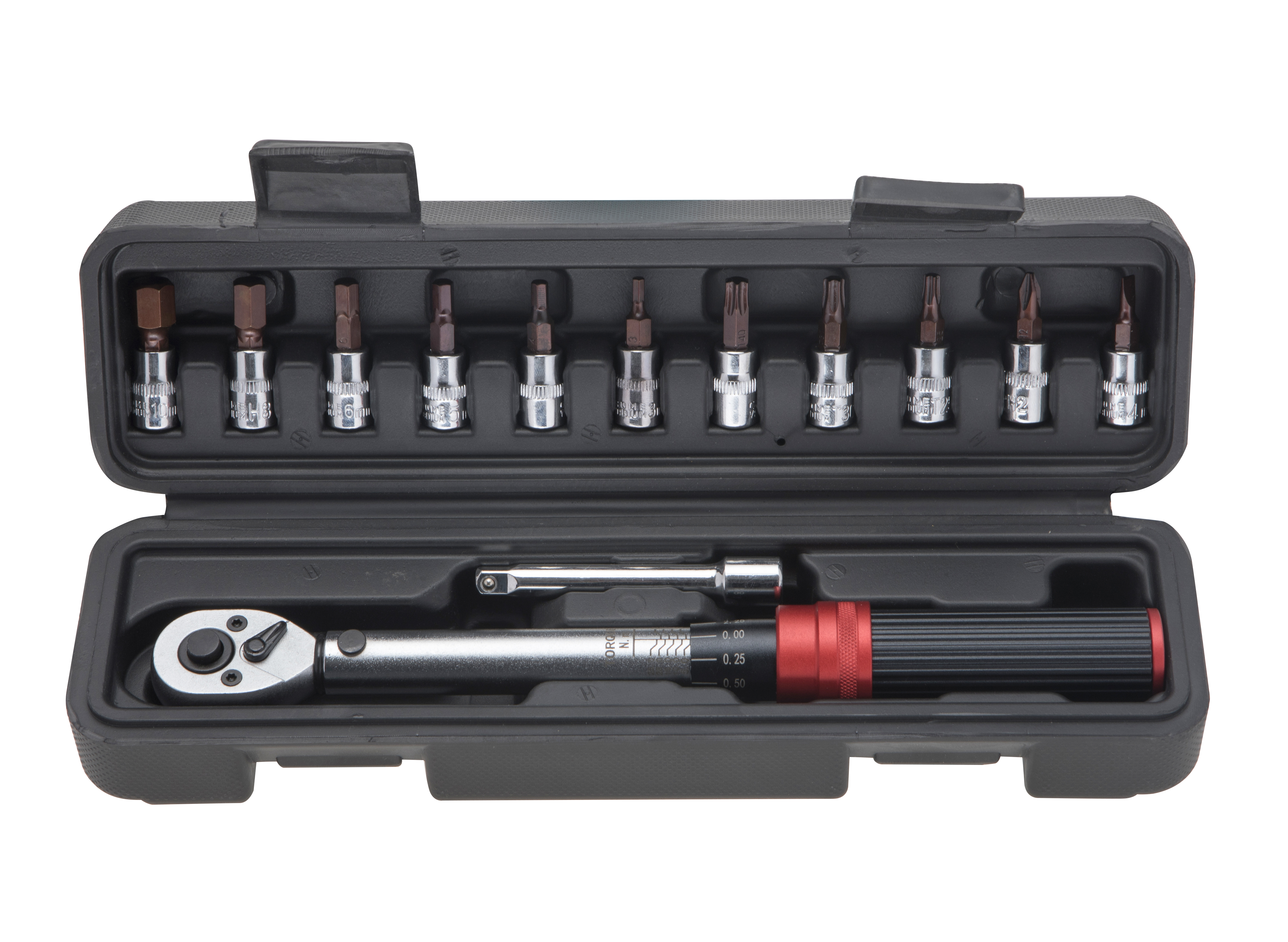Torque Wrench Myths Debunked: What You’ve Been Told Wrong
There are plenty of misconceptions about torque wrenches that can lead to bad habits or costly mistakes. Let’s set the record straight on the most common myths:
Myth 1: “Once you buy a torque wrench, it stays accurate forever.”
False. Torque wrenches lose accuracy over time—even with light use. Drops, temperature changes, and leaving the wrench set to a high torque (instead of resetting it) all wear down internal parts. Most manufacturers recommend calibration every 12 months or 5,000 cycles (whichever comes first). Skip calibration, and you might as well use a regular wrench—you won’t trust the results.
Myth 2: “Digital torque wrenches are always more accurate than click-type.”
Not necessarily. High-quality click-type wrenches (like pro-grade Snap-on models) can be just as accurate as digital ones (±2% vs. ±1–3% for digital). Digital wrenches are easier to read (great for low-light garages) and often have extra features (like torque data storage), but they’re not inherently “better.” For most DIYers, a well-calibrated click-type wrench is more than sufficient—and more affordable.
Myth 3: “You can use any socket with a torque wrench.”
Wrong. Sockets must match the wrench’s drive size (1/4”, 3/8”, 1/2”)—a 3/8” socket won’t fit a 1/2” drive wrench, and forcing it can damage both tools. Additionally, use high-quality, impact-rated sockets: cheap, thin sockets can bend or break under torque, leading to over-tightening (if the socket slips) or injury (if it shatters). Avoid using “universal” sockets (the ones that fit multiple bolt sizes)—they don’t grip tightly enough, which throws off torque readings.
Myth 4: “Torque wrenches are only for car repairs.”
Far from it! Torque wrenches are essential for any project where fastener tightness matters. This includes:
· Assembling baby furniture (too tight, and wood cracks; too loose, and the crib is unsafe).
· Installing a ceiling fan (loose mounting bolts can cause the fan to wobble or fall).
· Working on a motorcycle (engine bolts need precise torque to prevent oil leaks).
Even hobbyists (e.g., RC car builders) use small torque wrenches to avoid damaging tiny parts.






